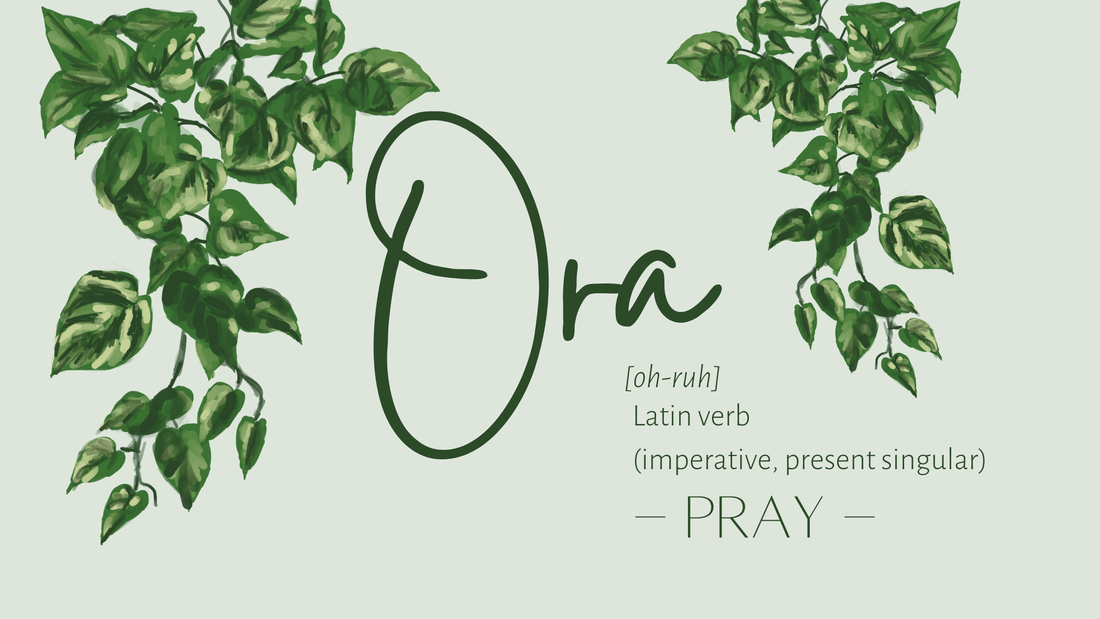|
Psalm 15 O Lord, who may abide in Your tent? Who may abide on Your Holy Hill? Those who walk blamelessly and do what is right and speak the truth from their heart; Whoever does not slander with their tongue. Knowing how I love praying the Psalms, a friend (with a good sense of humour) gave me a modern, paraphrased version of Psalm 15. It is not meant to be disrespectful, but rather states succinctly, the message of the Psalm: ”O God, who gets invited to dinner at Your place? How do we get on Your guest list? Response: Walk straight; act right; tell the truth!” This Psalm beautifully reinforces the message of the first reading for today, ”but keep the commandments of the Lord Your God for which I am charging you”. (Deuteronomy 4:2) The message sounds so easy. But in the flurry and encounters of everyday life, one is challenged to “do what is right” — and all the human traits which are not-so-Christian come to the forefront of one's mind. An unkindness is spoken, or a truth is peppered with exaggerations and becomes gossipy — perhaps even slanderous. Someone becomes hurt because of my pride. Saint Teresa of Calcutta says the answer is simple: Prayer! I am reminded of the words of a verse of a hymn, ”You give Yourself to us, O Lord, then selfless let us be; To serve each other in Your Name in Truth and Charity”. (CBW111#603) O Lord, who may abide in Your tent? Whoever does no evil to their friends; Nor take up a reproach against their neighbours; In whose eyes the wicked one is despised but who honours those who fear the Lord. In the words of Nettie Newton, ”Don't hurt your friend; don't blame your neighbour; despise the despicable!” Jesus taught us that the love of God cannot be separated from the love of neighbour. In today's Gospel, Jesus says, “For it is from within, from the human heart, that evil intentions come". (Mark 7:21) It is so easy to become self righteous — even with our friends — and perhaps more so with neighbours, as that can include anyone who lives close by or people from different parts of the world whose customs and habits are not understood by us. We do well to recall that God is Father of us all; Jesus, Saviour of us all, and the Spirit, the Fire of Love of God who fills us all. Saint Francis understood this centuries ago and I still find strength in his prayer, which asks God to "Make Us a Channel of His Peace." O Lord, who may abide in Your tent? Whoever stands by their oath even to their hurt; Who does not lend money at interest; And does not take a bribe against the innocent; One who does these things shall never be moved. To quote Nettie, “Keep your word even when it costs you. Make an honest living. Never take a bribe.” (Nettie’s synopsis is a bit simplistic, but I like to think the Lord has a good sense of humour!) This last stanza of the Psalm is about steadfast faith in the face of trials and obstacles. It addresses justice and fairness and love and respect for others. Once again, this Psalm of ancient times — sung by generations of people both before and during the time of Christ — was re-stated by Christ Himself in the words of the Beatitudes, which we sing and pray in today's Mass in the Communion Antiphon. (However, I love Luke's account — Luke 6:20-45) Old and New Testaments affirm that without love of neighbour, genuine love of God is impossible. O Lord, who may abide in Your tent? Yet -- to whom shall we go? You alone have the words of Everlasting Life. Lynda Tyler "Old and New Testaments affirm that without love of neighbour, genuine love of God is impossible." - Lynda Tyler (Ora Reflections)
2 Comments
Dinah Simmons
30/8/2018 03:30:43 pm
I love that final line - so true!
Reply
Donna Davis
2/9/2018 12:36:29 pm
Sometimes it's tough to know the right thing to do, but the answer is always prayer. Thank you, Lynda.
Reply
Leave a Reply. |
Archives
July 2024
|


 RSS Feed
RSS Feed